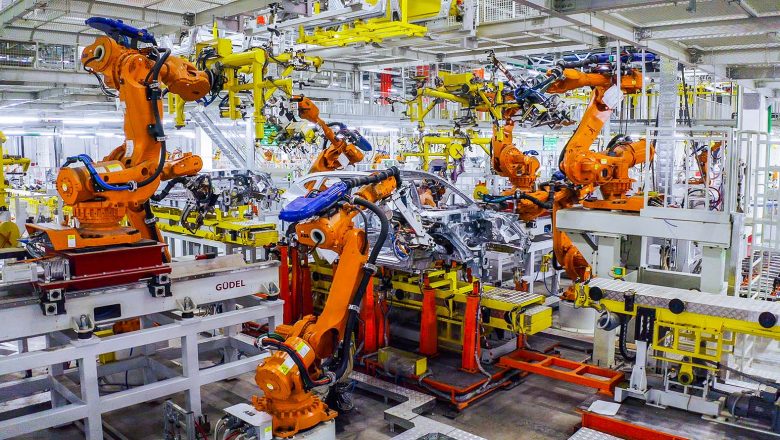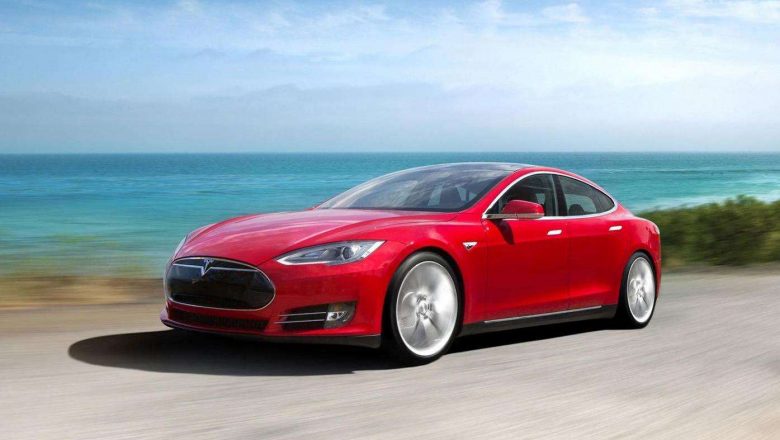
Dependence on China poses a dilemma for Germany
Last month, the German government's six ministries expressed opposition to the planned acquisition of a stake in a container terminal in Hamburg by China's Cosco Shipping. However, the deal was eventually approved and allowed to proceed. This situation highlights the dilemma that Germany faces regarding its dependence on China.
Germany, like many other countries, has a complex relationship with China. On one hand, China is an important trading partner and a significant market for German exports. German companies have invested heavily in China and rely on the Chinese market for their business growth. This economic interdependence has created opportunities and benefits for Germany.
On the other hand, concerns have been raised about China's growing influence, economic practices, and hum...






